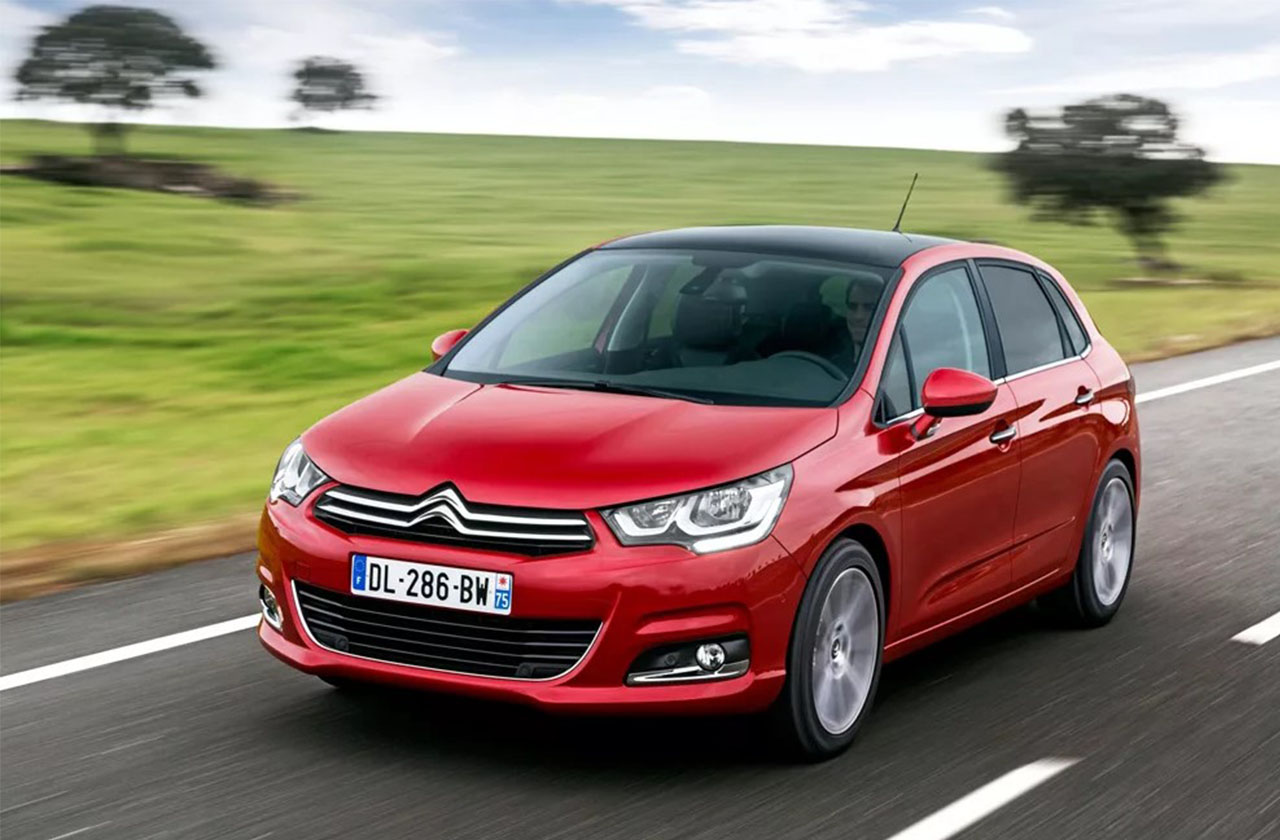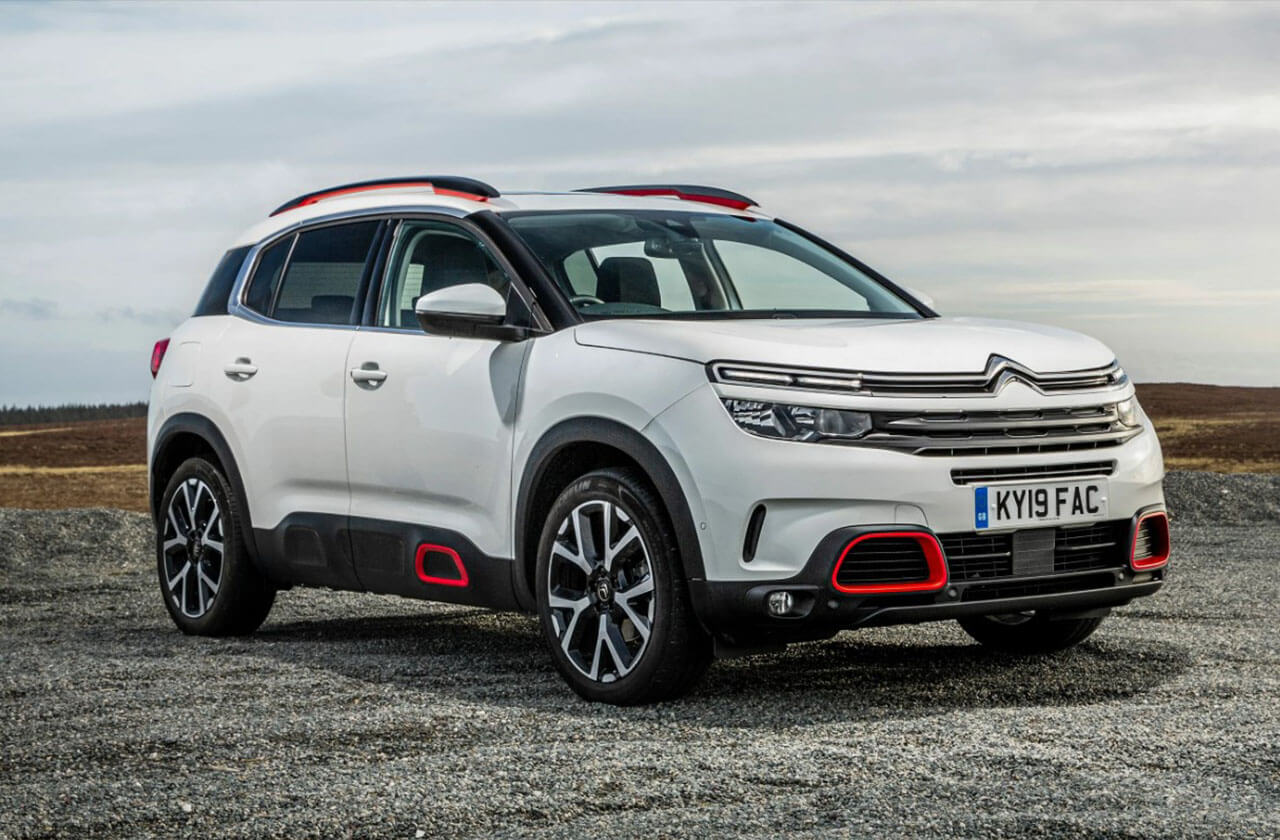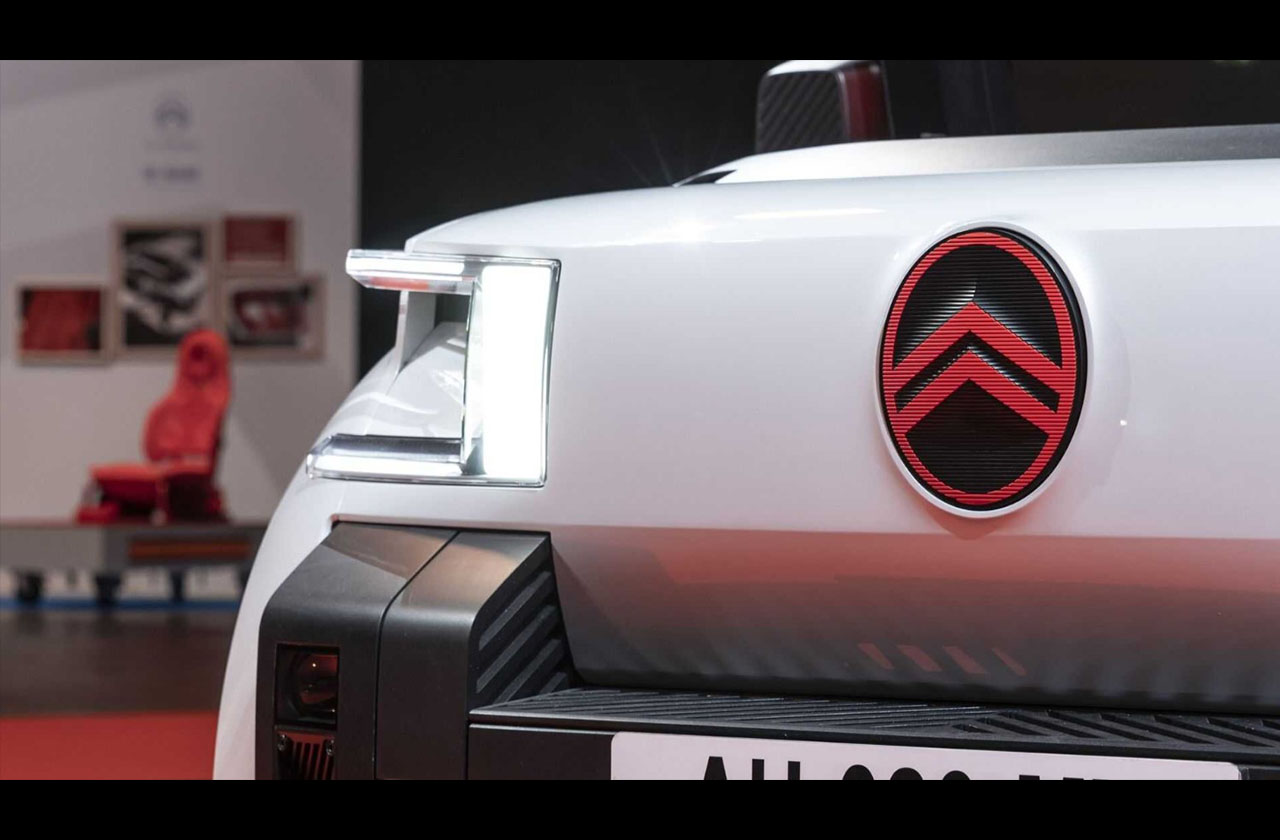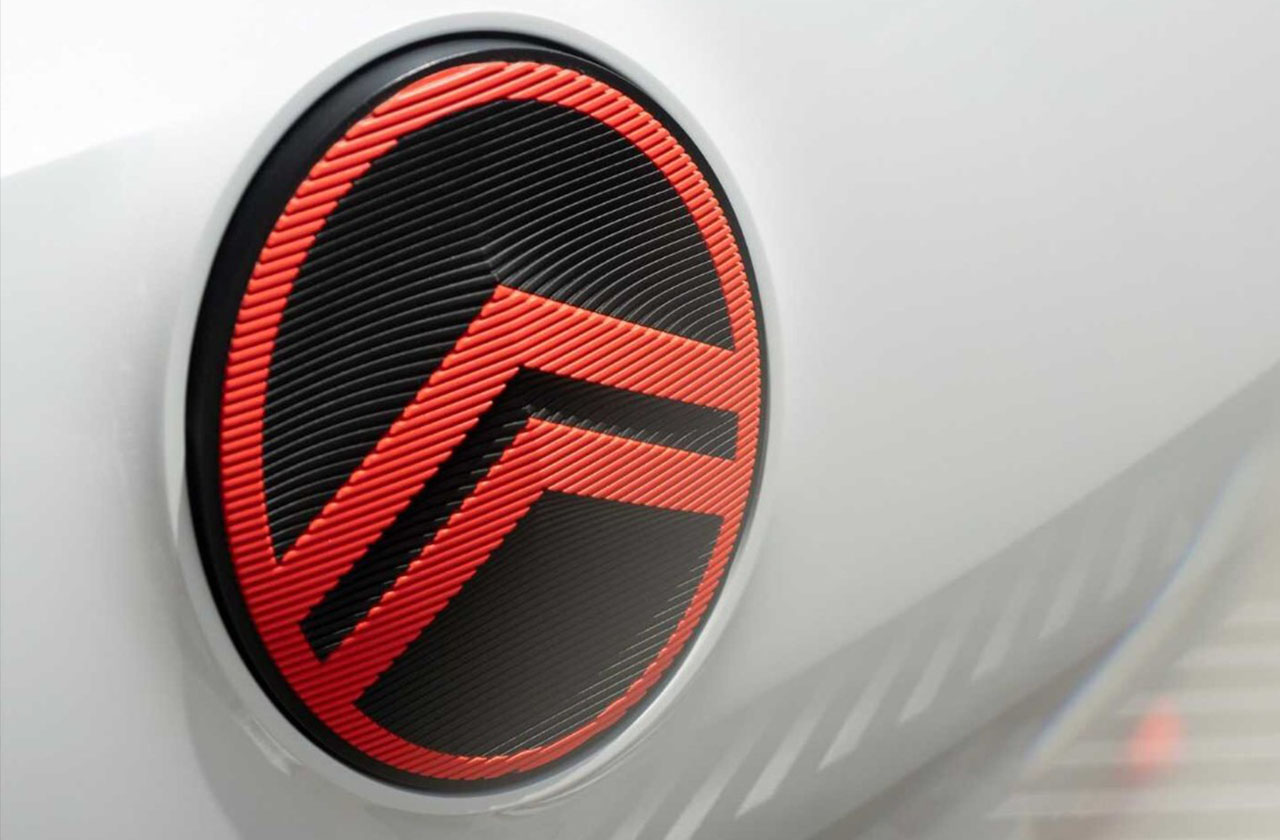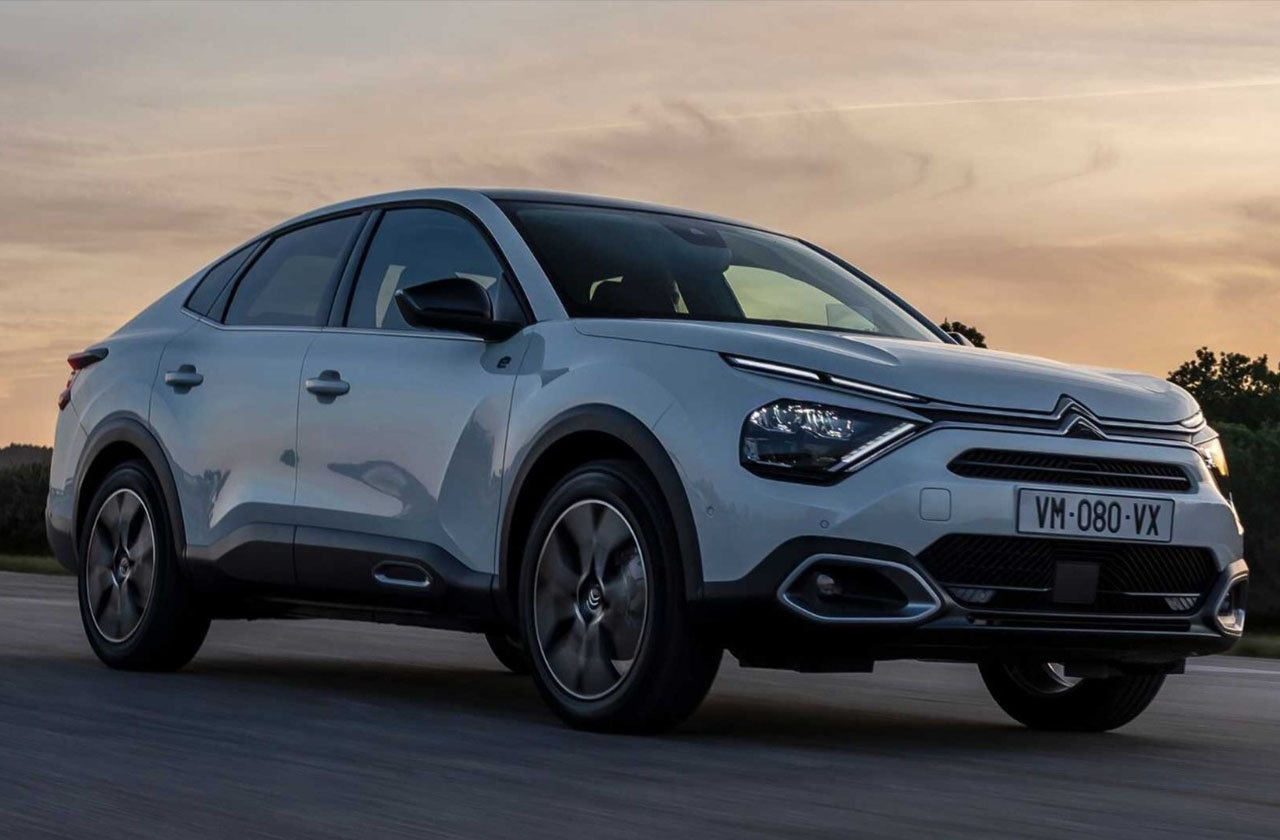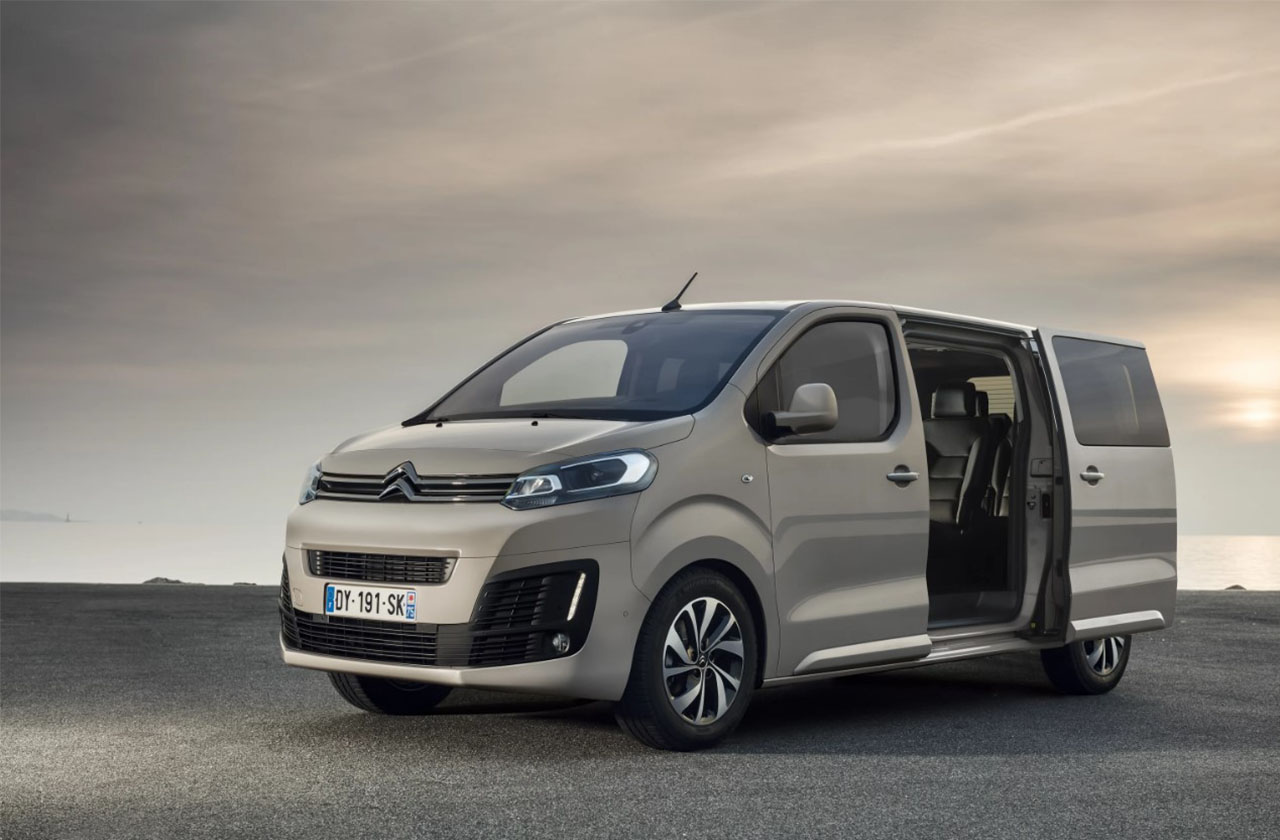Carlos Tavares, chief executive of Stellantis (PSA + FIAT-Chrysler), in an interview with European media, strongly criticized the transition of the auto industry to the production of electric vehicles, calling it a political act that contradicts the goals of combating global climate change. Tavares predicted profound negative consequences for society due to the mass production of electric vehicles.
According to the top manager, a complete ban on the sale of ICE cars in the European Union planned for 2035 does not make economic sense and leaves automakers no choice in determining a strategy to achieve full carbon neutrality.
The haste in reforming factories for the production of electric vehicles and the energy consumption of the production of such vehicles will inevitably lead to deep shocks in the economy and society, the head of Stellantis believes.
Tavares notes that in an attempt to keep the prices of electric vehicles at an acceptable level, automakers will go through massive staff cuts and direct sales of cars, leaving their dealers virtually out of work.
But no matter what the austerity measures, the current electrification of the auto industry will inevitably make the private car out of reach for the middle class. Although so far this aspect is hidden by stimulating state subsidies introduced at the national level in various countries.
The expediency and ethics of "electromobilization" raise questions. After all, the popularization of electric vehicles requires payments from budget funds, and in addition, the achievement of carbon neutrality will force European countries to turn again to nuclear energy.
In contrast to the "imposed electrification" of the auto industry, the head of Stellantis cites "natural hybridization": "With the energy balance of Europe, an electric car must travel 70 thousand kilometers before only offsetting the carbon dioxide emissions arising from battery production. Only then does its advantage over the hybrid begin to be realized. In addition, a hybrid is half the price of an electric car in production. Is it better to adopt efficient, affordable, and immediate CO2-benefit hybrid cars, or have electric cars that the middle class can't afford, while asking governments to keep widening the budget deficit to provide stimulus? This is a subject of public discussion that I would like to see, but do not see.
